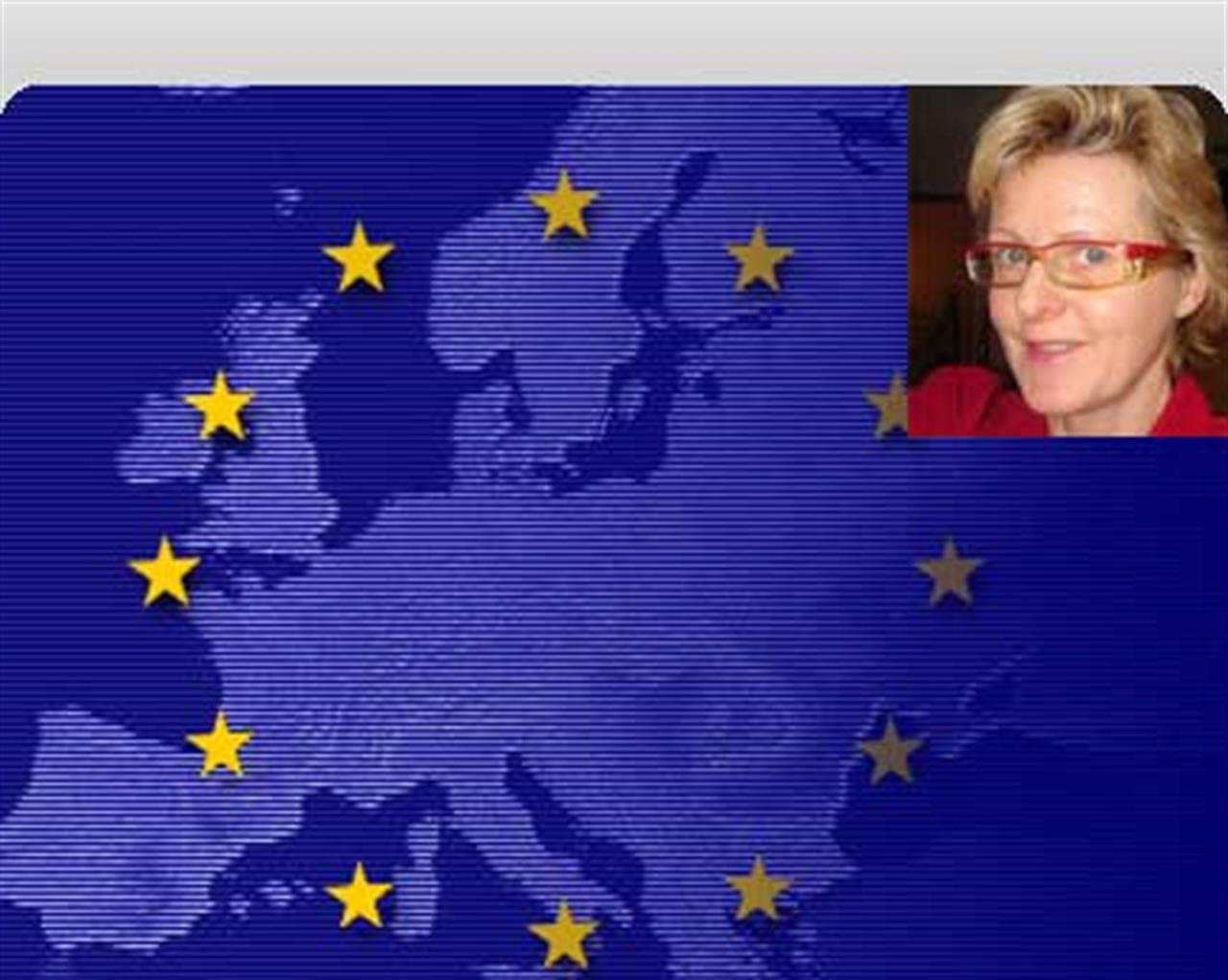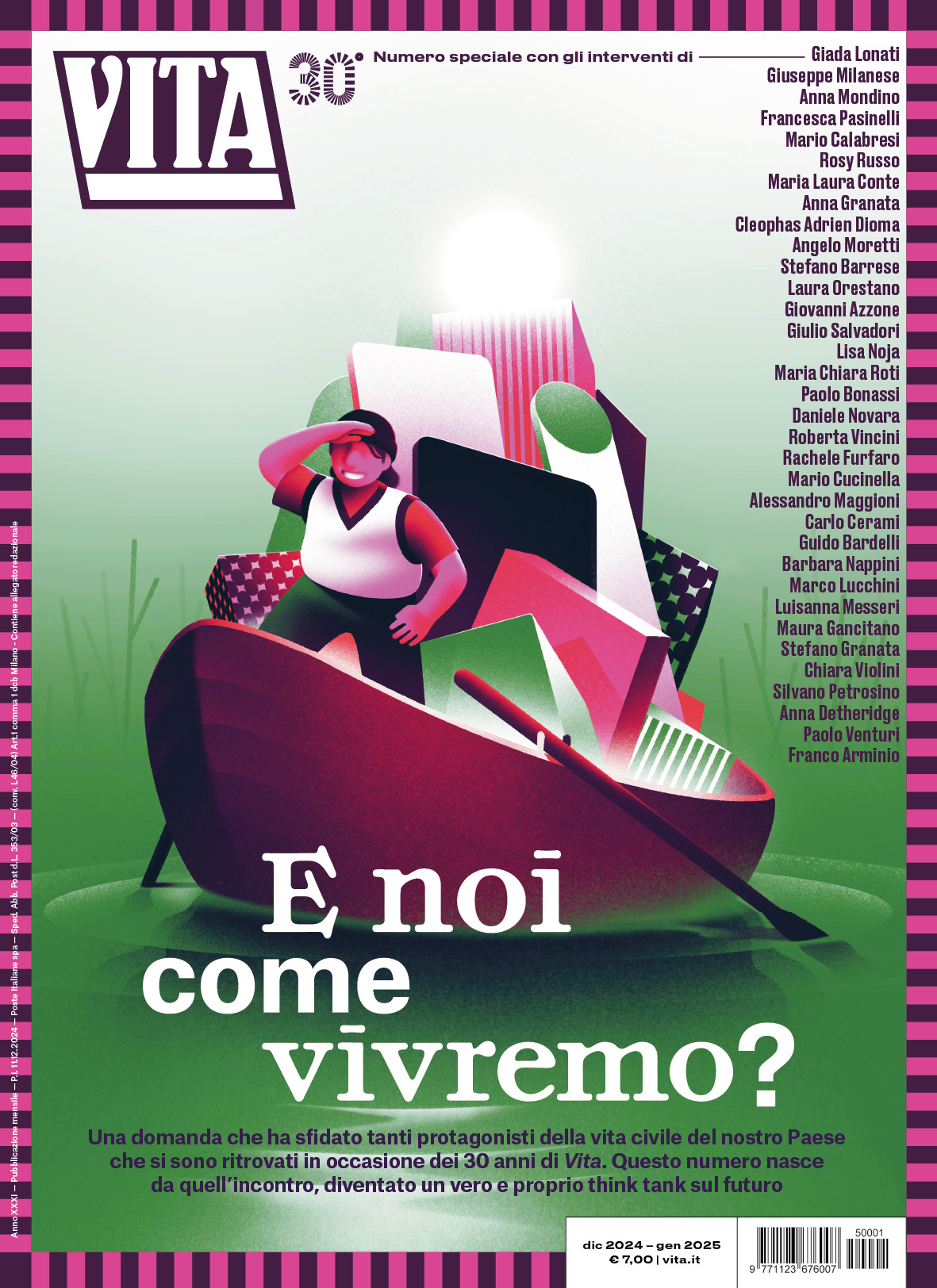Non profit
Ahead of elections: EU on the edge of democracy
Lisbeth Kirk, EUobserver.com's editor and founder answers questions on the role of media in the European Union, as well as what position democracy plays in the institution's existence.
di Staff

Did you know that over 80% of political decisions affecting any given European Union member state on a national level is made in Brussels? With a predicted turn out of 34% at the next European Parliamentary elections in a few weeks time, what does this say about Europeans’ role in controlling their own destinies?
Many argue that the only European Institution we are able to elect as citizens is too insignificant in the wider context of the European law making process to actually matter. Others, as exemplified in the answers reported in the analytical summary produced by the European Parliament ahead of elections simply “don’t know”. Or is it that they don’t care, or maybe they don’t understand. And so what if they don’t?
“The European Union is very fragile right now and could easily fall apart”, says Lisbeth Kirk, the editor and founder of EUobserver.com, who has been trying to provide Europe with an independent and uniquely European perspective for the last decade.
She links the future of Europe’s institutions to the uncertain future of the media industry, stating that we face “a great moment of change”.
She talks about her experience as a driven European based journalist, contributing to making the European Union a democracy and what she has observed from the European Union’s frontline.
What brought you to found the EUobserver?
I was educated as a Danish journalist and was an “ordinary” correspondent for Danish media for many years, which amongst other places brought me to Brussels.
In Brussels, I noted that there was a peculiarity to the kind of reporting going on. Indeed, journalists each had their own national audience to which they reported news of national interest. For example, I was always telling the Danish stories on new directives and what they meant for Danish businesses, what were the Danish ministers thinking, Danish Danish Danish.
I came to realise that this was leaving the EU without the normal and traditional scrutinising of the fourth power. Indeed, the fourth power, central to a democratic process, didn’t really exist in the EU as reporters were looking at things from a national perspective while the EU was actually making decisions at a purely European level.
I thought somebody needs to look at this in the right way and give these institutions a good scrutinising. I started off in 2000 with one other person. Slowly, it has grown to 10 people working in the office, with a large network of people surrounding us who volunteer on a regular basis with blogs, tweets, etc.
A successful mission so far then?
We haven’t succeeded so far as we are still very small, but we are on our way. We have been lucky with Internet, as with a very limited budget we can still put information online and immediately have the it available in Spain, and in Portugal, and in Estonia, etc.
We are certainly filling an important gap. The way I see it the press looks after people in power by monitoring what is going on and picking up on things that are not right. It’s a very normal function that somebody has to fill in a democracy.
So would you say that the EU is a democratic institution then, contrary to what its many critics claim?
Well it is a bit odd because the European Union is a union of 27 more or less democratic countries. However when you pool the powers of those 27 countries, what we see is a very different result.
For the last 50 years, national parliaments have slowly decreased in power, and this power has increasingly popped up in Brussels. In Brussels, the power does not come up in the same way though. It does not come up in a Parliament where the majority forms the government. Instead, powers are divided into a number of different institutions. The Commission has some power, the Council has some, the Parliament, not much, but a little, and the Court of Justice has some powers. So the power is divided into a lot of different institutions, which each hold a slice.
This makes it very difficult to examine, not only for the electorate, but also for the press. There are so many things to get your head round before you can grasp a European situation. So I would say it is a democracy, but it’s just a very different one to what we are used to, and it is a harder one to understand.
How would you respond to critics’ statement that the EU is not close enough to its actual citizens?
When you start doing legislations on behalf of 27 countries it is only normal that so many compromises need to be made. It is simply not easy to make laws on behalf of 27 different nations. So a lot of things could be improved, but I think there is no point in being naïve and thinking that things can actually be done.
What strength do you feel you have as a journalist working on the EU’s frontline?
I think that what we can do as journalists is to clean things up. For example increase transparency. It is due to our hard work as journalists that the European spending on agriculture now has to be published online country by country. This is a major step forward.
What future respectively for the European Union and the world of media? Both sectors you are extremely familiar with and have been reported under crisis.
I must say that I am very worried at the moment.
I think that the EU is very fragile and could easily fall apart. People do not see this yet, but I think this is a very real threat. Let’s see how the turn out for parliamentary elections go.
Likewise, the traditional world of media is very fragile and could easily fall apart. This could have worrying aspects for democracy. I think we will see direct consequences within the year, especially for media. More and more reader respected quality newspapers will continue closing I predict.
There is a definite problem, and I don’t see the solution for it either. I think we are in the midst of real change.
Would you say that there is hope in the emerging power of new media?
Traditional journalists used to be the gate-keepers. Institutions used to issue a press release by sending news to the press, and then the press would send it to the public. Now, institutions can talk directly to the citizens without going via the press, for example by publishing information on their websites. This changes dynamics hugely. But I think this new structure could be a way forward in involving citizens and talking to them directly without giving an inflated power to the press. People can be much more engaged, no longer absorbing, and consuming news, but contributing the other way round on the web.
There are problems with this, such as regulating false information, and lack of classical journalism reflexes such as cross-checking references and looking at all sides of an argument. We will have to look out and see how citizen journalists deal with these things.
Would you say this new form of media could be a breath of fresh air for democracy?
Of course I think this is a good thing for democracy. It can only be a good thing to have citizens more involved, with increased power and directly contributing. Seeing this evolve will be very exciting in many ways.
In the end we will just have to wait and see how all of these things pan out, but new media will certainly overhaul the democratic process.
Vuoi accedere all'archivio di VITA?
Con un abbonamento annuale potrai sfogliare più di 50 numeri del nostro magazine, da gennaio 2020 ad oggi: ogni numero una storia sempre attuale. Oltre a tutti i contenuti extra come le newsletter tematiche, i podcast, le infografiche e gli approfondimenti.
